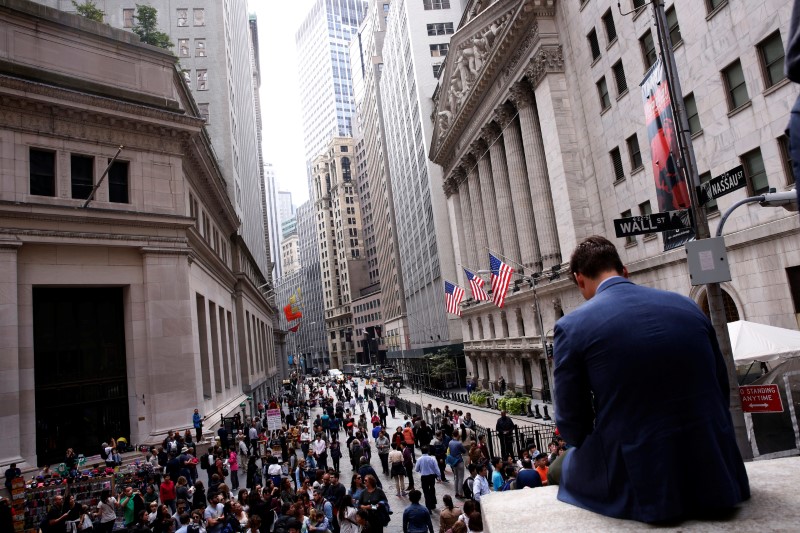By Olivia Oran
(Reuters) - Having spent billions of dollars on post-crisis U.S. financial industry reforms they once scorned, bankers are concerned the Trump administration, joined by a like-minded Congress, will scrap or significantly change the rules.
To comply with a rule known as Dodd-Frank, which was enacted in 2010 following the financial crisis, big U.S banks hired tens of thousands of staffers, built new technology systems, hived off businesses, simplified corporate structures and doubled the amount of capital they hold.
JPMorgan Chase & Co (NYSE:JPM) has said that in its mortgage business alone, employees spent 800,000 hours in compliance training in a single year.
The industry went into these changes kicking and screaming. Banks lobbied hard against Dodd-Frank as it was being drafted, then cajoled regulators to go easy in defining and implementing precise rules. But now that the heavy lifting has been done and Dodd-Frank is largely in effect, the industry see a total elimination as more of a threat than a blessing.
Dodd-Frank has largely made banks safer and the once-opaque derivatives market more transparent, banking executives said.
President-elect Donald Trump, who takes office on Jan. 20, and some important lawmakers in the incoming Republican Congress have pledged to dismantle the law and put a new one in place.
It is not yet clear what the replacement would look like, but Texas Republican Jeb Hensarling, who chairs the House Financial Services Committee, has drafted a blueprint called The CHOICE Act.
The proposal has a mix of things the industry largely supports, such as abolishing the U.S. Consumer Financial Protection Bureau (CFPB), but it also has some ideas Wall Street vehemently opposes, like ramping up capital requirements to a level that would likely force big banks to split apart.
Proposed changes are also likely to run into stiff opposition from some congressional Democrats, particularly Senator Elizabeth Warren, architect of the CFPB.
Big U.S. banks including JPMorgan, Bank of America Corp (NYSE:BAC), Citigroup Inc (NYSE:C), Wells Fargo (NYSE:WFC) & Co, Goldman Sachs Group Inc (NYSE:GS) and Morgan Stanley (NYSE:MS) have seen big gains in their share prices since the Nov. 8 election, partly on expectations that regulators will soon have a much lighter touch.
"There is scope for lower taxes, less regulation, and more growth," Morgan Stanley analysts said in a report on Tuesday recommending big bank stocks.
However, bankers, lawyers and consultants who spoke to Reuters said any big rollback in rulemaking could take several years to implement and may introduce more costs.
"One of the dangers of dismantling regulation is that it will be costly and disruptive," said Mike Alix, a consultant at PwC who works with banks on regulatory matters. "By and large they've gotten themselves into shape and they're not looking to get out of shape."
Industry sources said they are hoping it's possible to roll back some elements of Dodd-Frank that they view as too onerous or misguided, without scrapping the entire law.
For instance, many would like to see the Volcker rule, which places restrictions on proprietary trading, go away. The rule was intended to prevent federally insured banks from placing speculative bets in the markets, and would be repealed as part of Hensarling's plan.
Some banks are taking a second look at compliance initiatives until they gain further clarity on what will happen in Washington.
At a conference this month, Bank of America Corp Chief Operating Officer Tom Montag said he is being "a little more cautious" about compliance spending. It is difficult to know whether it is worth spending another $30 million on Volcker rule compliance, he said, because doing so may be a waste of money but not doing so could leave the bank at risk if the rule is implemented as planned.

"Even if Volcker doesn't go away, there are still questions about how tough the enforcement would be," said Mark Nuccio, who leads the bank regulatory practice at law firm Ropes & Gray LLP. "Banks are deciding they may take the foot off the gas pedal now and just see what happens."